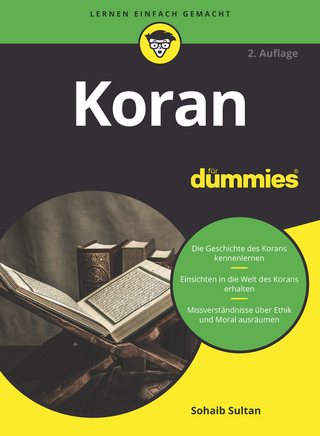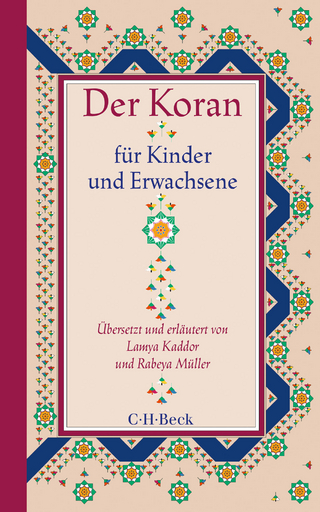
Shari`a in the Secular State
Routledge (Verlag)
978-0-367-59645-3 (ISBN)
Words in both law and religion can shape power relationships and are often highly disputed. Shari`a lies within the overlap of these two spheres and provides a unique subject for the study of meaning in that liminal space. This book contributes important insights related to Islamic jurisprudence and secularism in the Turkish context and regarding the role of language in contested legal and religious contexts.
The study begins by providing a historical framework for the ideas and terms covered, including concepts of religion in general, Shari`a in particular, and secularism in the Turkish state. It goes on to examine empirical research to describe and analyze contemporary Turkish understandings of religion and Shari`a. The author’s research indicates that there is often a disconnect between supporting the adoption of Shari`a and supporting the regulation of everyday behavior through civil codes. Thus, “Shari`a” seems to have taken on new meanings as groups have sought either to appropriate or criticize it. It is a quintessential example of fractured and contextual meaning at the center of both religious and legal traditions.
This book is essential reading for both academics and those interested in law, linguistics, history, political science, anthropology, sociology, religious studies, or Near Eastern studies.
Russell Powell is Professor of Law and Associate Provost for Global Engagement at Seattle University, USA. He has previously worked as a diplomat and holds degrees in Near Eastern Studies, Philosophy, and Law. He has published widely on law, religion and secularism, and Islamic jurisprudence.
List of Figures and Tables
Glossary
Preface
Note on Transliteration, Names and Dates
Introduction
Chapter 1 Religion in Context
Religion as the metaphysical or theological
Psychological definitions of religion
Religion as the social
Religion and politics: Boundaries and interactions
Religion and politics: The dynamic of competition
The role of secularism
Chapter 2 Historical Meanings of Shari`a
Classical Tradition and fiqh
The classical tradition of Ottoman jurisprudence
Range of modern approaches
Conclusion
Chapter 3 Landscapes of popular religion in Turkey
Sources of influence in Turkish popular religion
Education
Religious organizations
Religious leaders
The media
Conclusion
Chapter 4 Turkish secularism
Historiography
Social science considering law and religion in Turkey
Empirical studies considering preferences regarding Shari`a
Chapter 5 Descriptive Analysis of Data
Preference for Shari`a
Religion
What is Shari`a
Shari’a process
Shari`a rules
Methodological approaches to Shari`a
Analysis of significant correlations in survey data
Linear regression and crosstab analysis
Binary logistic regression model
Conclusion
Chapter 6 Analysis of Qualitative Interviews
University educated
High school educated
Primary school education or less
Reflections on the survey group of interviews
Hizmet/Gülen-affiliated participants
Chapter 7 Influences in the Formations of Views Toward Shari`a
Ekrem
Dilek
Yusuf
Elif
Halil
Altan
Fatma
Hakan
Ahmet
Sevgi
Seda
Melek
Zeynep
Emir
Nergis
Hizmet/Gülen-Affiliated Participants
Observations
Conclusion
Bibliography
Index
| Erscheinungsdatum | 01.07.2020 |
|---|---|
| Reihe/Serie | Law, Language and Communication |
| Verlagsort | London |
| Sprache | englisch |
| Maße | 156 x 234 mm |
| Gewicht | 258 g |
| Themenwelt | Geisteswissenschaften ► Religion / Theologie ► Islam |
| Geisteswissenschaften ► Sprach- / Literaturwissenschaft ► Sprachwissenschaft | |
| Recht / Steuern ► Allgemeines / Lexika | |
| Recht / Steuern ► EU / Internationales Recht | |
| Sozialwissenschaften ► Soziologie ► Spezielle Soziologien | |
| ISBN-10 | 0-367-59645-8 / 0367596458 |
| ISBN-13 | 978-0-367-59645-3 / 9780367596453 |
| Zustand | Neuware |
| Haben Sie eine Frage zum Produkt? |
aus dem Bereich


